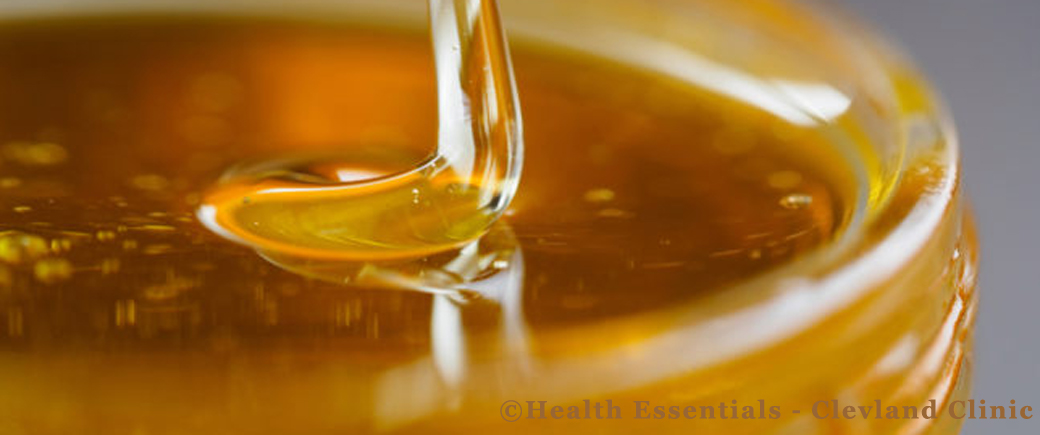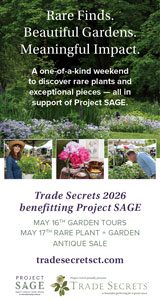A Taste of Honey
A taste of honey
Tasting much sweeter than wine.
The Beatles created a homage to honey when the released their version of the Bobby Scott / Ric Marlow song in 1963. But today, Carla Marina Marchese, a honey connoisseur and beekeeper, is leading her audiences to a deeper, more satisfying understanding of the sweet, viscous foodstuff.
Marchese is bringing an entirely new method for appreciating honey to American audiences. She will present a program on tasting and evaluating honey at the Berkshire Botanical Garden March 7th from 1-4PM. She says tasting and evaluating honey is a skill that can be learned through formal sensory training, similar to the way sommeliers learn to evaluate wine.
“This is a new concept in the US,” she said. “It started in Italy 40 years ago. In an effort to counteract cheap imported honey, they decided to do what people do with wine and olive oil—to categorize what it is supposed to look, smell and taste like.”
Marchese was elated when she discovered the Italian courses in honey assessment. They verified her own observations as a novice beekeeper that her honey tasted different from year to year based on the flowers visited by the bees as they collected nectar.
“Different kinds of flowers make different kinds of honey,” she said, adding that no one in America was talking about the differences. “I was a hobbyist beekeeper and I didn’t know anything about bees. I read as much as I could, went to talks and studied it. After two years, I got my first honey crop—it takes that long for a new colony to work up to that. I thought, this is incredibly different. I noticed the flavor. Then the next year, it was a little different. I became fascinated (with the awareness that beekeepers in different parts of the country produced different tastes) but no one was talking about how different flowers affected taste.”
Her quest for more knowledge eventually led her to a Honey Festival in Italy. “I noticed honeys that were labeled by flowers,” she reported. “You don’t see that here. At one end of the room they were doing a honey tasting. There was a rainbow of colors and they were talking about each honey and what it tasted like.”
Back home, her fascination with honey continued. “I spent a lot of time translating stuff from Italian,” she said. “I found they actually have a school for honey, where they teach you how to blind taste and identify the honey by its flower.” Eventually, she enrolled in the first four-day course and “was absolutely blown away.” She did the second and third courses over a period of three years, passed the test and was enrolled in the Italian National Register of Experts in the Sensory Analysis of Honey which allows her to be a honey judge.
“They are so far ahead of where we are,” Marchese asserted. “We have so much adulterated honey in our supermarkets. Seventy percent of the honey in supermarkets is not real honey. It’s blended to have same taste over and over. Honey is like an apple, some apples are bitter, some are sweet—they are products of nature. People buy the same bottle over and over and some say they don’t like honey when what they have been getting is cheap sugar-water.”
Happily, the situation in the United States is beginning to change. In 2013, she founded the American Honey Tasting Society. “I have partnered with the Italians to bring the course here,” she said. “People are beginning to see the value. People are starting to get excited here.”
She has penned a number of books for aficionados of honey, including, The Honey Connoisseur, which will be available for purchase and signing by the author. “People all over the world use this book, but, oddly, it does better in other countries than here,” she said.
The three-hour workshop in Stockbridge will “give a taste of what the four-day class is like.” There will be subsequent sessions in May and July.
“It requires practice,” she said. “You must stay on top of it. You can do the class once and get the information. You can learn the skills and methods, the psychology of what is happening in your brain and the physiology of what is happening in your body and that gives you a template. But if you don’t practice, you won’t be a skilled taster. Some people are better at tasting light and delicate honeys, others at tasting darker, richer ones. You can learn it, but, again, it is practice.”
It’s also a matter of protecting your palate. “Smoking dulls your sense of smell and taste. I tell students one hour before class, no smoking. You should brush your teeth at least an hour before class and don’t wear colognes or perfumes. The scents will affect you and other students,” she cautioned.
Advance registration is highly recommended, but walk-ins are welcome, space permitting. Tickets are $55 for members and $65 for non-members. To register, please visit the link below.


